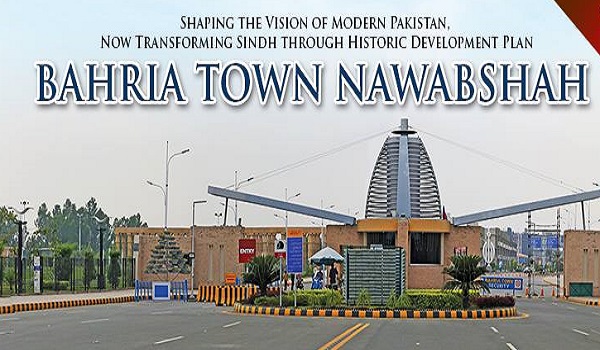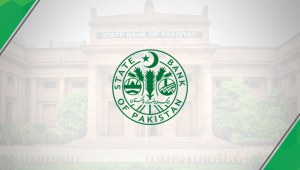The world’s tallest property finally opened yesterday with a new name and official confirmation of its final height.
The $1.5 billion Burj Dubai was renamed Burj Khalifa on Monday night in honour of Sheikh Khalifa bin Zayed al-Nahyan, ruler of neighbouring Abu Dhabi, during a glitzy ceremony which officials hope will inject some optimism into the emirate’s beleaguered real estate market.
It is over a year since Dubai has seen crowds getting excited about property as a gloom descended which saw real estate prices drop by up to 50%. Now it is hoped that the glow of the fireworks will have some lasting effect and optimism will return.
After years of mystery, the developers, Emaar Properties, finally revealed the skyscrapers final height of 828 metres, some 10 metres higher than expected. Chairman Mohamed Alabbar said that 90% of the building is already sold and the opening would have a positive impact on the first three quarters of 2010 for business.
Dubai ruler, Sheikh Mohammed bin Rashid Al Maktoum, said the completion of the world’s tallest tower showed that the emirate was robust and able to confront any challenge. The decision to change the name reflected the unity of the UAE federation, he added. ‘It is a humble public display of federal solidarity,’ he declared.
But opinion was divided over the reasons behind the name change. ‘There is no doubt that the success of the UAE is the direct result of Sheikh Khalifa’s vision. He is the one credited for the civil and economic progress and Sheikh Mohammed renamed the Burj as acknowledgment,’ claimed Dubai billionaire Abdul Aziz al-Ghurair, owner of Mashreqbank.
But cynics are convinced it is a more straightforward ‘thank you’ for bailing out Dubai’s debts. ‘Re-naming the tower in honour of Sheikh Khalifa says it all. It is he who has bailed us out after all,’ said one official who did not want to be named.
Residents will start moving into the 1,044 apartments from February and the world’s first Armani hotel will open on March 18. Analysts say most apartments are second homes for the wealthy but warn that leasing the entire stock of retail and commercial space could prove tricky given the large amounts of empty space that became available across the city during last year’s sharp economic downturn and a forthcoming glut of new units.
But others believe that investors in the iconic tower will be more inclined to have a longer investment horizon and would wait until the market recovers before selling so its opening is not likely to bring down property prices.
‘The average owner of a Burj Khalifa residential unit is more likely to withhold their unit from the market. This is usually because they are pursuing a capital appreciation investment strategy and/or use it as a second home,’ said Jesse Downs, Director Research & Advisory Services of Landmark Advisory, a Dubai-based property consultancy.
‘This will keep sales inventory low and sales prices stable. Leasing inventory may be relatively controlled; it is more prone to fluctuations. This is also due to the overall supply and demand dynamics of commercial space in Dubai,’ she added.






